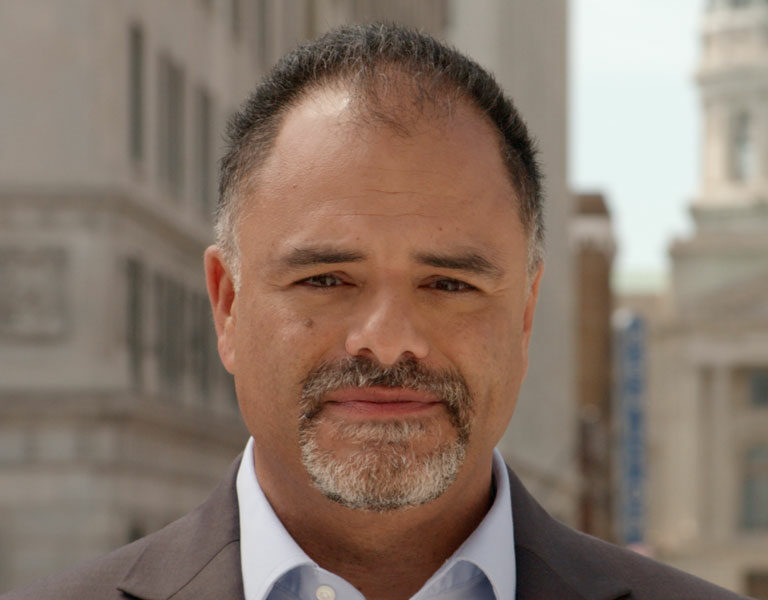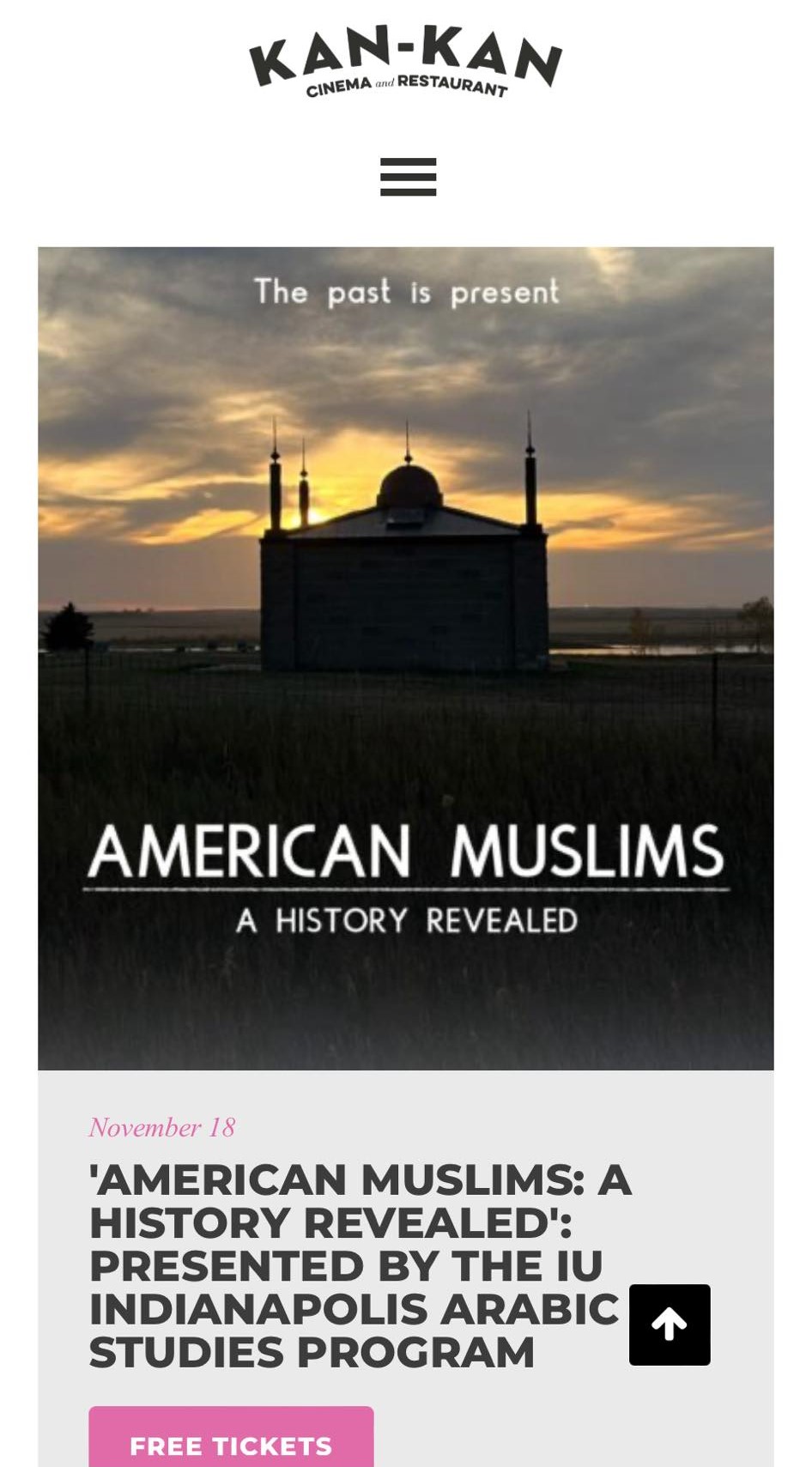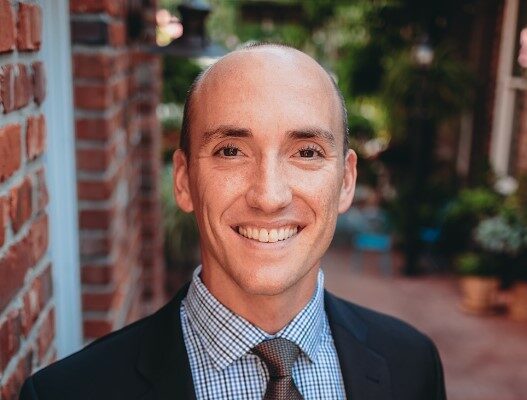
Professor Edward Curtis has added another documentary to his list of film credits, which include The Great Muslim American Road Trip and the Emmy award-winning Arab Indianapolis. Curtis, director of the Arabic and Islamic studies minor and the William M. and Gail M. Plater Chair of the Liberal Arts at IU Indianapolis, recently served as academic adviser and on-air talent for American Muslims: A History Revealed, a six-part PBS Digital Studios series that explores the untold stories of Muslim American history. Hosted by Muslim journalists Malika Bilal, Aymann Ismail, and Asma Khalid, the documentary examines the life and times of individuals such as Yarrow Mamout, Florence Watts, Mary Juma, Mir Dad, and Muhammad Khan.
“These are not well-known names in U.S. history,” Curtis said, “but that’s the point of the series. If we want to tell the truth about our shared past, we need to learn about these historical figures.”
Curtis is featured prominently in the first episode, which narrates the life of Mary Juma, a peddler and homesteader from the Levant who settled in Ross, North Dakota, a community of Muslims responsible for one of the first purpose-built mosques in the United States. In depicting the life of this Muslim woman pioneer, the producers were inspired by Curtis’s research in Muslims of the Heartland: How Syrian Immigrants Made a Home in the American Midwest (NYU Press). The volume, which won the Evelyn Shakir Non-Fiction Prize from the Arab American National Museum, was recently re-released as an audiobook narrated by the author himself.
“Dr. Curtis made an invaluable contribution to the project,” according to executive producer Graham Judd. “We drew on his knowledge of Black, Muslim, and Arab American history and life. With the films complete, I look forward to continuing to work together as we use these films to increase public understanding of this little known, but vitally important strand of the American story.”
Other episodes in the PBS series explore Thomas Jefferson’s Qur’an and its meaning to the early republic; freedman Yarrow Mamout and enslaved Muslims in the antebellum United States; Muhammad Khan and the hundreds of Muslims who fought in the Civil War; Indiana resident Florence Watts and other Black women who first converted to Islam in the 1920s; and Mir Dad, a South Asian sailor and immigrant who contributed to the building one of the first mosques on the West Coast.
Faculty, staff, students, and community members are invited to a free pre-broadcast screening of and discussion about the film at the Kan-Kan Theater on November 18 at 7PM. Tickets must be reserved in advance.


